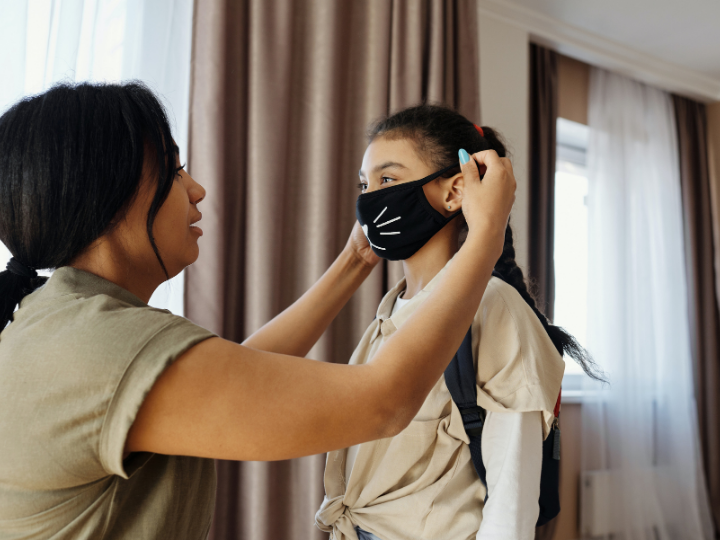


The COVID-19 pandemic has negatively impacted the mental health of millions of Americans, but a study by the University of Houston finds that Hispanic/Latinx adolescents who had elevated levels of mental health problems prior to the pandemic actually experienced a reduction in symptoms during the early stages of the public health crisis.
Published in the Journal of American Academy of Child and Adolescent Psychiatry (JAACAP), the findings show the benefits of stay-at-home measures and quality time with family, according to lead researcher Carla Sharp, UH clinical psychology professor and director of the Developmental Psychopathology Lab. Better family functioning was associated with lower negative mental health symptoms.
“These findings may be related to increased time with family, fewer social and academic pressures, more sleep, more flexible routines, Latinx cultural factors and the socio-emotional learning program that students were engaged in throughout the study period,” said Francesca Penner, study coordinator and Sharp’s doctoral student.
A sample of 322 middle schoolers from the Gulfton area of Houston completed mental health screenings prior to the pandemic in January 2020 and at three bi-weekly time points starting one month into stay-at-home orders (mid-April, early May, late May 2020). A subsample also completed a survey about their experience at home during COVID-19.
“For youths who had increased levels of mental health problems pre-COVID-19, reductions in internalizing, externalizing and total problems were clinically significant,” Sharp explained. “For other youths, there were statistically significant reductions in internalizing and total problems, and no change in attention or externalizing problems.”
Sharp says these results have important clinical implications, such as promoting family functioning during the pandemic and considering cultural factors, such as familism and collectivism in Latinx communities. Sharp also suggests schools can offer students more emotional support during crises, address middle school peer stress and provide more flexible routines.
“Our findings underline the importance of the family environment and Latinx collectivist values of community connection for promoting child resilience and brings into stark focus the possibility that school environments may exacerbate mental health difficulties, such that removal from that context into a less pressured environment immediately and positively impacts mental health,” said Jessica Hernandez Ortiz, study co-author and UH doctoral student.
Researchers note it’s possible the negative impact of stay-at-home orders began to take effect after the study period. Assessments were completed while the academic year was still in session, and the COVID-19 outbreak worsened in Houston after that time. Mental health may have declined later as the spread increased in the area or as stay-at-home measures continued. The researchers are currently examining follow-up studies with this sample to assess more long-term effects of the pandemic on adolescent mental health outcomes.